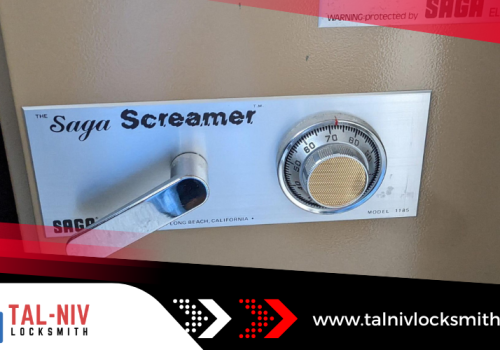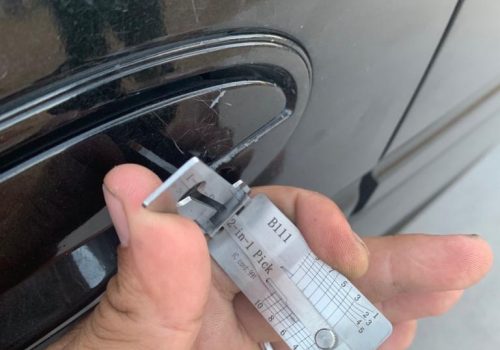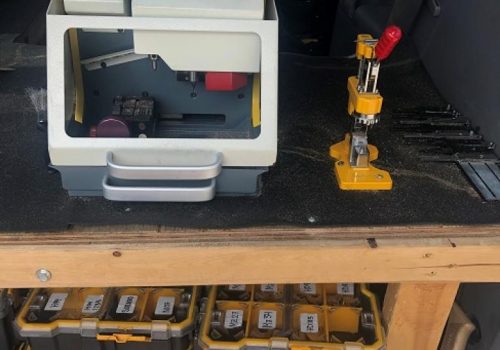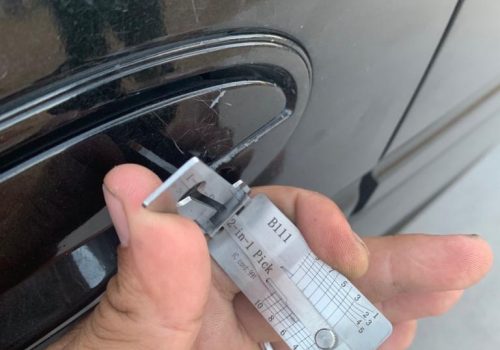Car keys are an essential component of a vehicle, and their evolution has been remarkable. Transponder car keys are the latest technology in car key evolution. They offer enhanced security and convenience, but many people are still unaware of how they work. In this article, we'll delve into the workings of transponder keys and unlock their mysteries.
- What Are Transponder Car Keys?
- The History of Transponder Keys
- How Do Transponder Keys Work?
- The Components of a Transponder Key
- The Microchip
- The Antenna
- The Battery
- Programming a Transponder Car Keys
- DIY Programming
- Professional Programming
- Benefits of Transponder Car Keys
- Enhanced Security
- Convenience
- Cost-Effective
- Common Issues with Transponder Car Keys
- Battery Life
- Programming Errors
- Malfunctions
- How to Replace a Transponder Car Keys
- Conclusion
What Are Transponder Car Keys?
Transponder car keys, also known as chip keys, are car keys that contain a microchip that communicates with the car's immobilizer system. The microchip in the key sends a signal to the car's immobilizer system, allowing the car to start. If the key's microchip is not recognized by the car's immobilizer system, the car won't start. Transponder keys are designed to prevent car theft by making it difficult for thieves to start a car without the correct key.
The History of Transponder Keys
The first transponder key was developed in the 1990s by the Megamos Crypto company. Initially, transponder keys were only used in luxury vehicles. However, as car theft became more prevalent, transponder keys became standard in all new cars.
How Do Transponder Keys Work?
Transponder keys work by using radio waves to communicate with the car's immobilizer system. When the key is inserted into the car's ignition, the car's immobilizer system sends a radio signal to the key's microchip. The microchip then sends a signal back to the car's immobilizer system. If the signal is correct, the car's immobilizer system will allow the car to start.
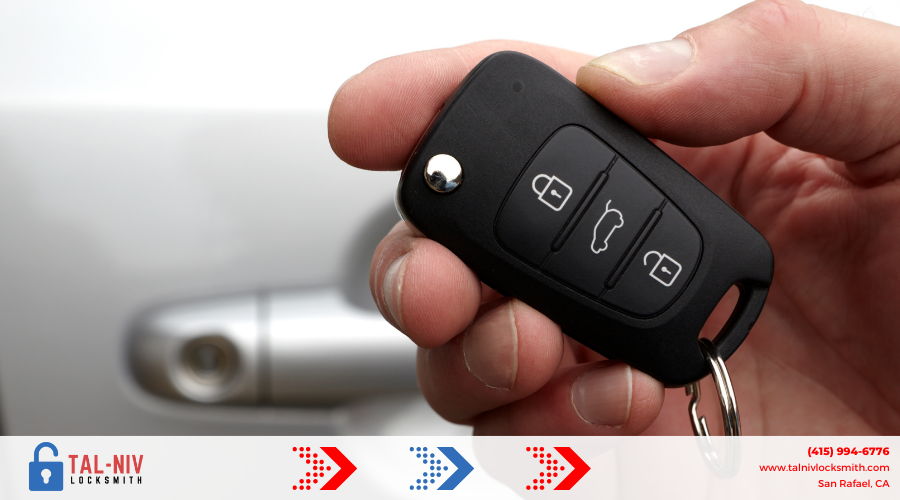
The Components of a Transponder Key
Transponder keys are made up of three main components: the microchip, the antenna, and the battery.
The Microchip
The microchip is the most crucial component of a transponder key. It contains a unique code that is programmed to match the car's immobilizer system. When the microchip communicates with the car's immobilizer system, it sends a unique code. If the code matches, the car will start.
The Antenna
The antenna is a coil of wire that surrounds the key's base. It is responsible for transmitting and receiving the radio signals between the key and the car's immobilizer system.
The Battery
The battery in a transponder key is a small, long-lasting battery that provides power to the microchip and antenna.
Programming a Transponder Car Keys
Transponder keys need to be programmed to work with a specific car. There are two ways to program a transponder key: DIY programming and professional programming.
DIY Programming
Some car manufacturers provide instructions on how to program a transponder key at home. These instructions can be found in the owner's manual or online. DIY programming usually involves inserting the original key into the ignition and turning it on and off several times before inserting the new key and repeating the process.
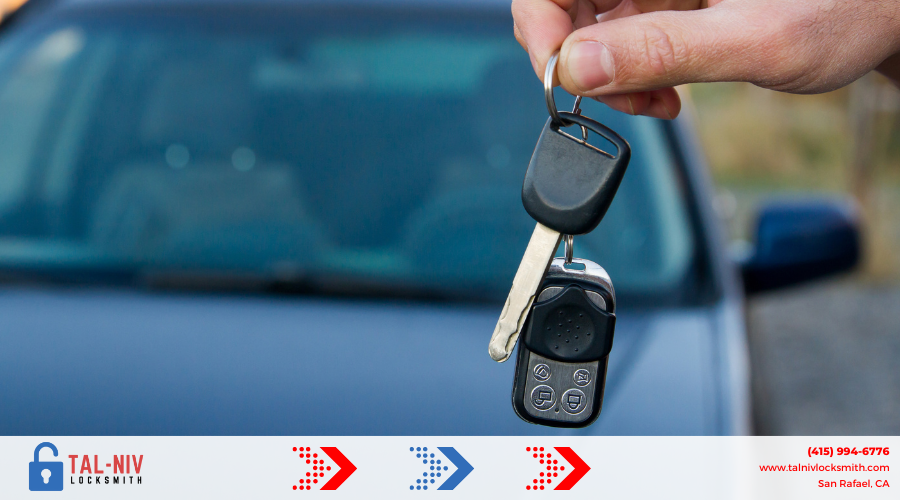
Professional Programming
If DIY programming is not an option or doesn't work, professional programming is the next option. Professional programming involves using specialized equipment to program the new transponder key to the car's immobilizer system. Professional programming is usually done by car dealerships, locksmiths, or auto repair shops.
Benefits of Transponder Car Keys
Transponder car keys offer several benefits, including enhanced security, convenience, and cost-effectiveness.
Enhanced Security
Transponder keys make it much more difficult for thieves to steal cars because the key needs to be programmed into the specific car's immobilizer system. This makes it nearly impossible for thieves to start the car without the correct key.
Convenience
Transponder keys offer convenience because they can be used to remotely unlock and lock car doors. Some transponder keys also have buttons that can open the trunk or turn on the car's alarm.
Cost-Effective
Transponder keys are more expensive than traditional metal keys, but they are cost-effective in the long run because they reduce the likelihood of car theft. Car theft can be expensive, and transponder keys can prevent car owners from having to replace their cars.
Common Issues with Transponder Car Keys
Transponder keys are generally reliable, but there are a few common issues that car owners should be aware of.
Battery Life
The battery in a transponder key can last for several years, but it will eventually need to be replaced. If a transponder key is not working correctly, the battery may be the problem.
Programming Errors
If a transponder key is not programmed correctly, it won't work. DIY programming can sometimes lead to programming errors that can cause the key to stop working.
Malfunctions
Like any other electronic device, transponder keys can malfunction. If a key is not working correctly, it may need to be replaced.
How to Replace a Transponder Car Keys
Replacing a transponder key can be expensive, but there are a few ways to save money. Car owners can contact their car dealer, a locksmith, or an auto repair shop for a replacement key. Some third-party companies also offer transponder key replacements.
Conclusion
Transponder car keys are an essential component of a car's security system. They offer enhanced security, convenience, and cost-effectiveness. Transponder keys work by using advanced technology that communicates with the car's immobilizer system. They are made up of a microchip, antenna, and battery. Transponder keys can be programmed at home or professionally, and they are generally reliable. However, there are a few common issues that car owners should be aware of. If a transponder key needs to be replaced, car owners can contact their car dealer, locksmith, or auto repair shop for a replacement key.



